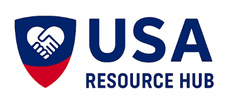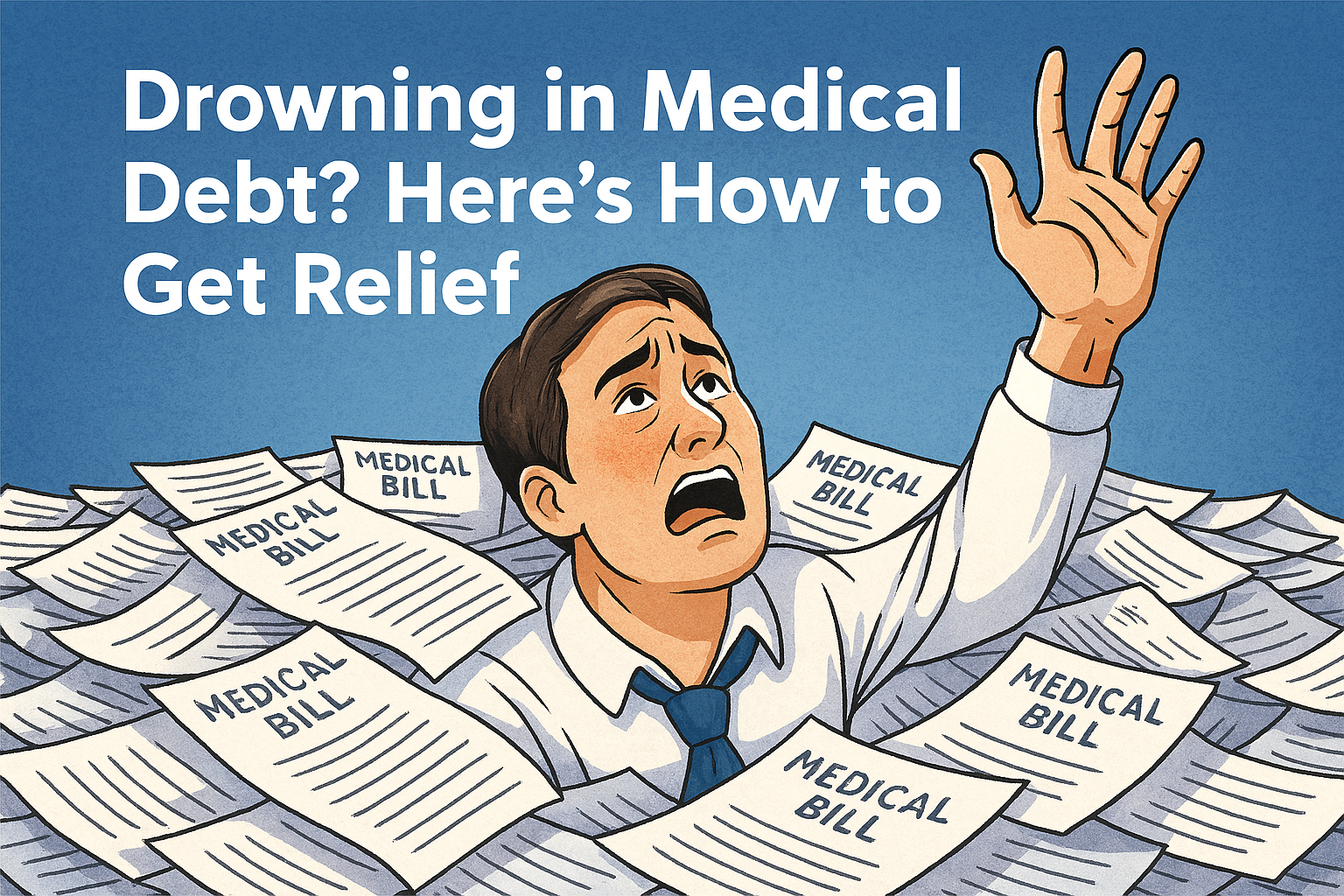Medical emergencies don’t wait for payday. Whether it’s a sudden hospital stay, a chronic condition, or a prescription you can’t afford, the cost of care can hit hard and fast. If you’re struggling to keep up with medical expenses, you’re not alone. The good news is that there are real, accessible programs that can help you get back on your feet without going into debt.
This guide breaks down how to get help with hospital bills, prescription costs, and emergency care. If you’ve been hit with unexpected medical expenses, here’s how to fight back and find relief.
What Is Medical Expense Relief?
Medical expense relief is financial assistance that helps individuals and families pay for healthcare costs. This includes:
- Reductions or forgiveness on hospital bills
- Free or discounted prescription medications
- Emergency grants for urgent medical needs
- Access to low-cost clinics and community health services
- Help with insurance premiums or deductibles
These programs are offered by hospitals, nonprofits, government agencies, and even pharmaceutical companies. They’re designed to prevent medical debt from becoming a long-term burden.
Who Can Get Help?
Most programs are income-based, but eligibility can also depend on:
- Your insurance status
- Your household size and income
- Your residency or citizenship status
- The type of medical service you received
- Whether the expense was an emergency or ongoing care
Some programs give priority to seniors, veterans, single parents, or people with chronic illnesses. Others focus on those facing sudden financial hardship due to job loss or disability.
How to Get Help With Hospital Bills
Hospital bills are often the biggest shock after a medical emergency. Here’s how to reduce or eliminate them:
- Ask about financial assistance Most hospitals have charity care or financial aid programs. These can cover part or all of your bill if you meet income guidelines.
- Request an itemized bill Billing errors are common. Review every charge and dispute anything that looks wrong or duplicated.
- Negotiate your balance Hospitals may be willing to reduce your bill if you offer to pay a portion upfront or set up a payment plan.
- Use a medical billing advocate These professionals can help you understand your bill and negotiate on your behalf. Some work for free or on a contingency basis.
Lowering Prescription Costs
If your medications are draining your wallet, try these options:
- Manufacturer assistance programs Many drug companies offer free or discounted medications to patients who qualify. Ask your doctor or pharmacist for help applying.
- Prescription discount cards Services like GoodRx and SingleCare offer free cards that can save you up to 80 percent at the pharmacy.
- State and local programs Some states offer prescription assistance for residents with limited income or chronic conditions.
- Community health centers These clinics often include low-cost prescriptions as part of their services.
Emergency Medical Aid You Can Access Now
When you’re facing a health crisis, time is everything. These resources can help you get fast support:
- Local emergency funds Many cities and counties offer one-time grants for urgent medical needs, especially for uninsured or low-income residents.
- Nonprofit and faith-based aid Organizations like United Way, Salvation Army, and Modest Needs provide emergency help for medical bills, transportation, and related costs.
- Crowdfunding While not guaranteed, platforms like GoFundMe can help raise money quickly. Be honest and specific in your story to build trust.
- Financial aid for medical bills Some hospitals and charities offer targeted grants specifically labeled as financial aid for medical bills. These are often reserved for patients with large balances and no way to pay.
How to Apply for Help
- Gather your documents You’ll need proof of income, medical bills, insurance status, and identification.
- Contact providers directly Ask hospitals, clinics, and pharmacies about their financial assistance options.
- Use official websites Visit benefits.gov or your state’s health department site to find programs.
- Apply early and follow up Many programs have limited funds. Submit your application as soon as possible and check back regularly.
Mistakes That Can Cost You
- Ignoring available programs because you assume you won’t qualify
- Missing deadlines or submitting incomplete applications
- Not asking for help from social workers or nonprofit staff
- Failing to review your bills for errors or overcharges
Medical debt doesn’t have to define your future. Whether you need help with hospital bills, prescriptions, or emergency care, there are programs ready to support you. The key is to act fast, stay organized, and use every resource available.


Leave a Reply